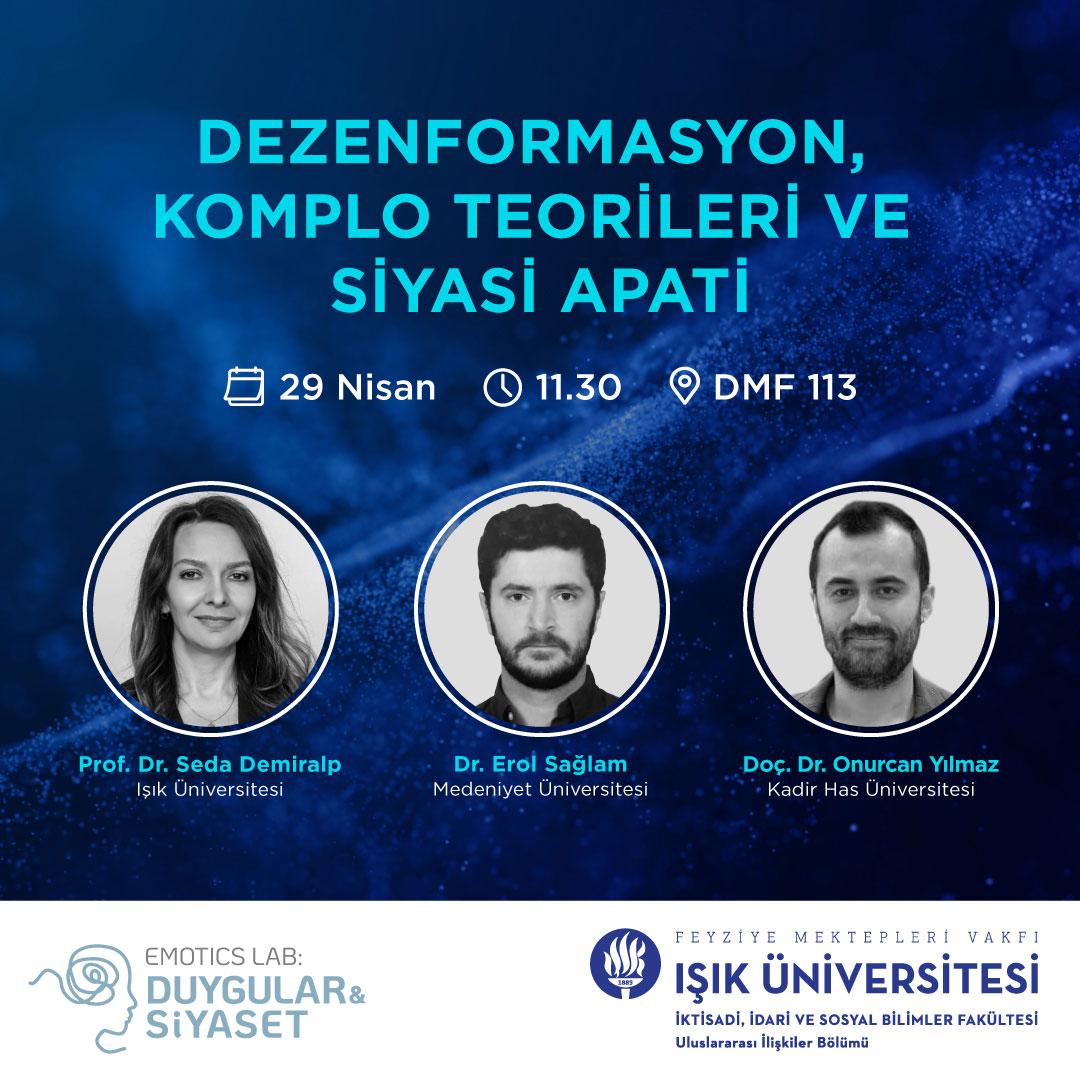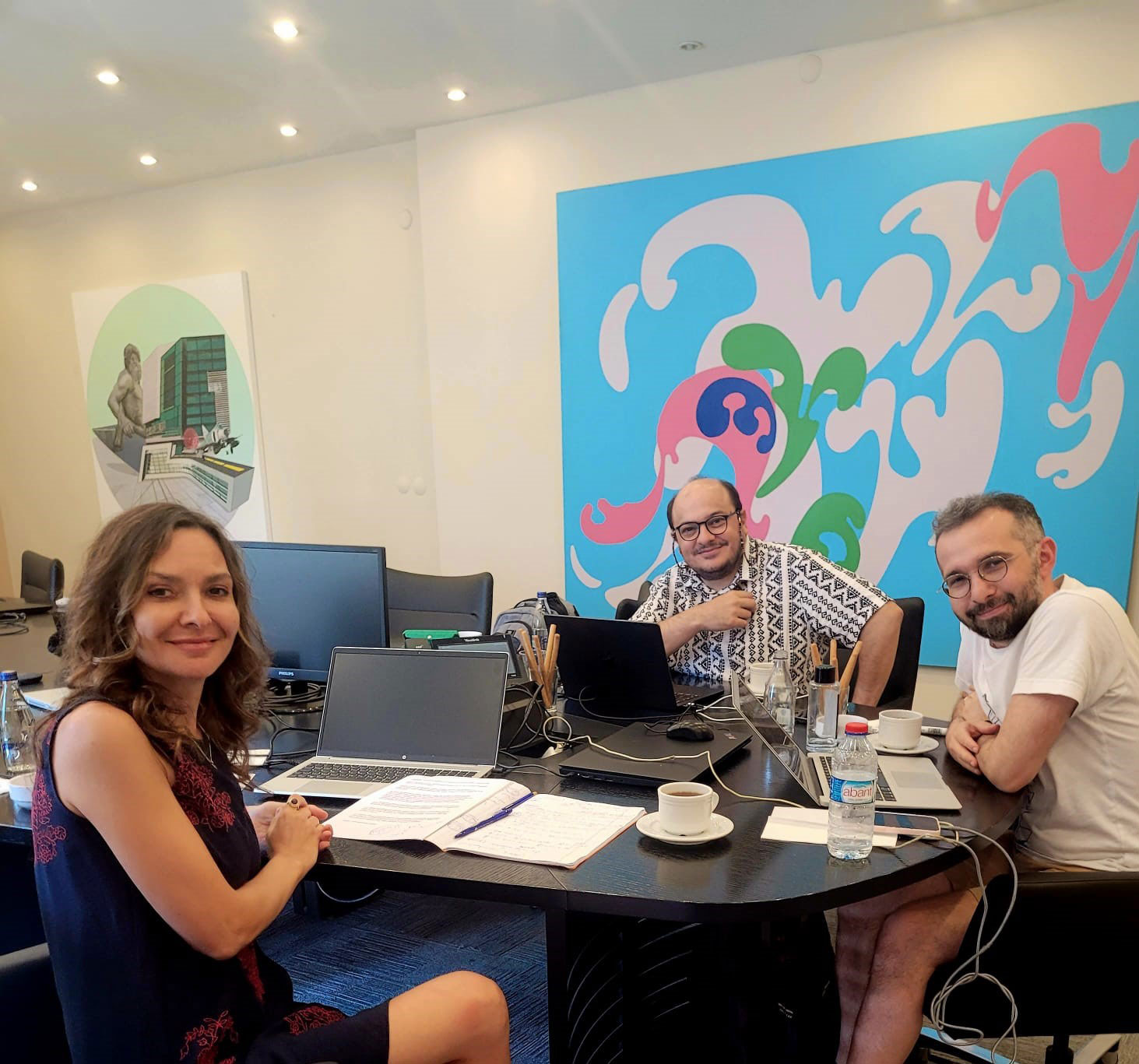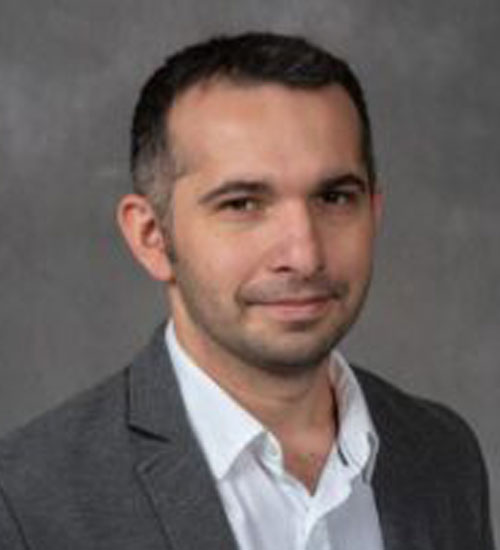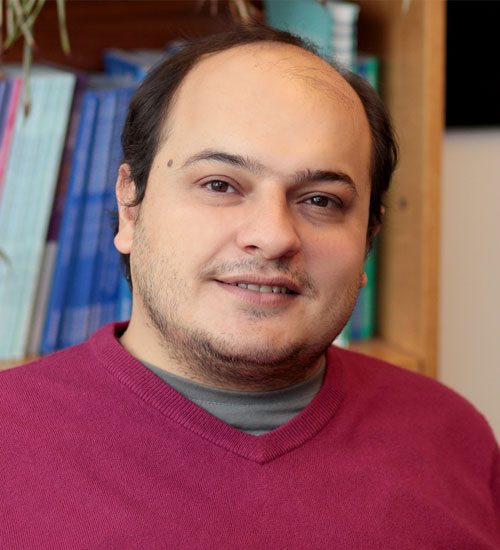
This panel considered the relationships between vulnerability to disinformation and conspiracy theories with apathetic attitudes and included Seda Demiralp, Erol Sağlam and Onurcan Yılmaz as speakers.

We founded the Emotics-Disinformation Research Network as three scholars who are deeply interested in the role of emotions in disinformative and propagandist content shared by politicians and media. We strongly value cooperating with other scholars in the field as well as experts from media, civil society and bureaucracy.
We came together not only because of our common scholarly interest in the politics of affect especially in the populist era, but also our shared hope to contribute to civic efforts to fight disinformation. We see that efforts to fight disinformation that remain focused on fact-checking or debunking techniques have only limited impact. Hence, using surveys and experimental methods we explore more effective combat methods that prioritize better understanding and engaging the emotions of individuals who are exposed to disinformation.




This panel considered the relationships between vulnerability to disinformation and conspiracy theories with apathetic attitudes and included Seda Demiralp, Erol Sağlam and Onurcan Yılmaz as speakers.
Our first research project has received £ 20,000 in funding from the Glasgow Centre for International Development at the University of Glasgow! In this project, we...
© 2024 Işık Üniversitesi